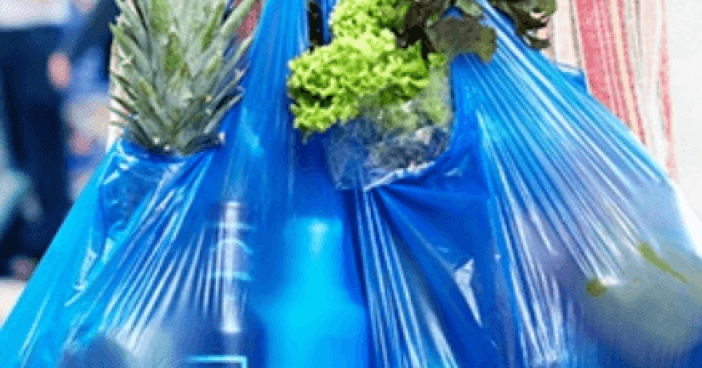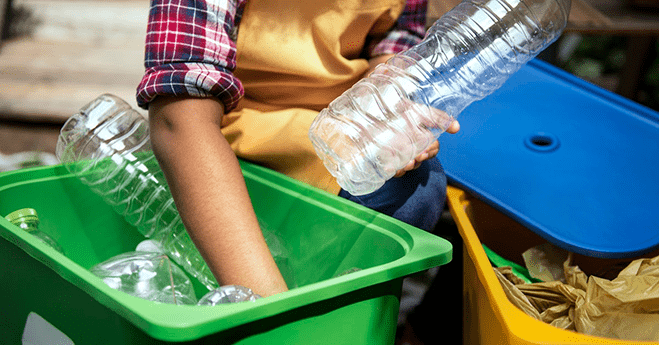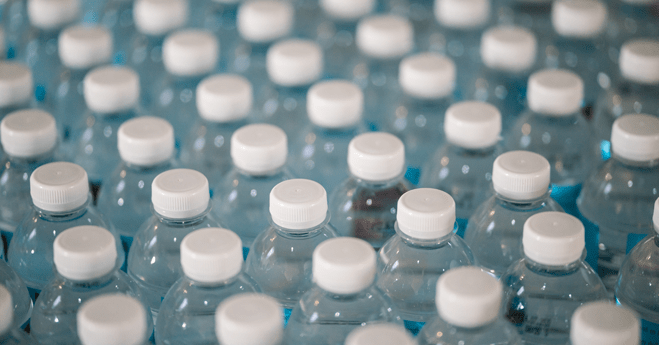Plastic pollution is a global sustainability problem. Enough plastic is dumped into the world’s oceans each year that it could fill five grocery bags for every foot of coastline around the globe, according to scientists.
The figures are staggering. In 2012, the world’s plastic consumption was around 288 million metric tons. With about 4.8 to 12.7 million metric tons of those plastics entering our seas every year, the cumulative result by this could be 305.5 million metric tons. Researchers estimate that in 2025 the tonnage will increase tenfold unless the international community finds ways to improve its waste management systems.
Marine debris
Plastics, even those labeled as “biodegradable,” do not completely break down, especially in the ocean. They fragment into small plastic pellets called “mermaid tears”, which are thinner than the diameter of a human hair. Since they are not absorbed by the natural environment, they drift around the water until they are eventually ingested by whales, sea lions, birds and microscopic organisms called zooplanktons.
Turning our bodies of water into landfills creates enormous sustainability problems that are not hidden at the bottom of the ocean. Marine debris may destroy ecosystems, kill marine animals, taint our food supply and lead to chemical leaching.
Plastic “tax”
To mitigate the ramifications of this impending crisis, countries such as Botswana, Bangladesh, Taiwan, the United Kingdom, the United States, Macedonia and Australia have begun to ban or impose taxes to shoppers who require single-use plastic bags. With sustainability regulations in place and enforced, governments have noticed a significant decrease in plastic bag usage and, concurrently, plastic litter in the environment.
Is paper a sustainable alternative?
Several sustainability proponents encourage paper bags as a greener alternative. Interestingly, studies show that paper may pose a higher environmental impact than plastic.
To gauge the Composite Environment Impact Index of paper versus plastic, several sustainability factors must be considered, including the production process, usage and disposal of material.
- To turn hardwood trees into paper requires a resource-heavy pulping process that needs large amounts of water, energy and chemicals, and can release toxic and hazardous chemicals into the air and water
- Paper bags are heavier than plastic bags and therefore need more delivery trucks, which produce more air pollution
- Recycling paper bags consumes more fuel than it would take to produce a new bag
- Paper bag reuse is much lower than plastic bag reuse
- Paper disintegrates slowly in landfills.
Measuring the life cycle of paper and plastic shows that the Composite Environment Index of a paper bag is at 77.69 while a plastic bag is at 6.46. This shows that paper has a significantly higher negative impact on the environment than plastic.
A better alternative: reusable bags
Issues surrounding the sustainability of both paper and plastic are quite complex, which is why environmentalists say the best current solution may be to choose carrier bags that can be used more than 100 times before they are thrown away and become part of our landfills.
FirstCarbon Solutions (FCS) helps organizations efficiently and responsibly assess and manage sensitive habitats, historic and archaeological resources, and hazardous materials that can drive up your development costs. Whether your goal is to conduct business or harness the potential of a specific location, accurate environmental assessments are vital to create a development plan with the least delays and minimal environmental impacts. To stay up-to-date with current environmental and sustainability issues, subscribe to our monthly newsletter, GreenWatch.




